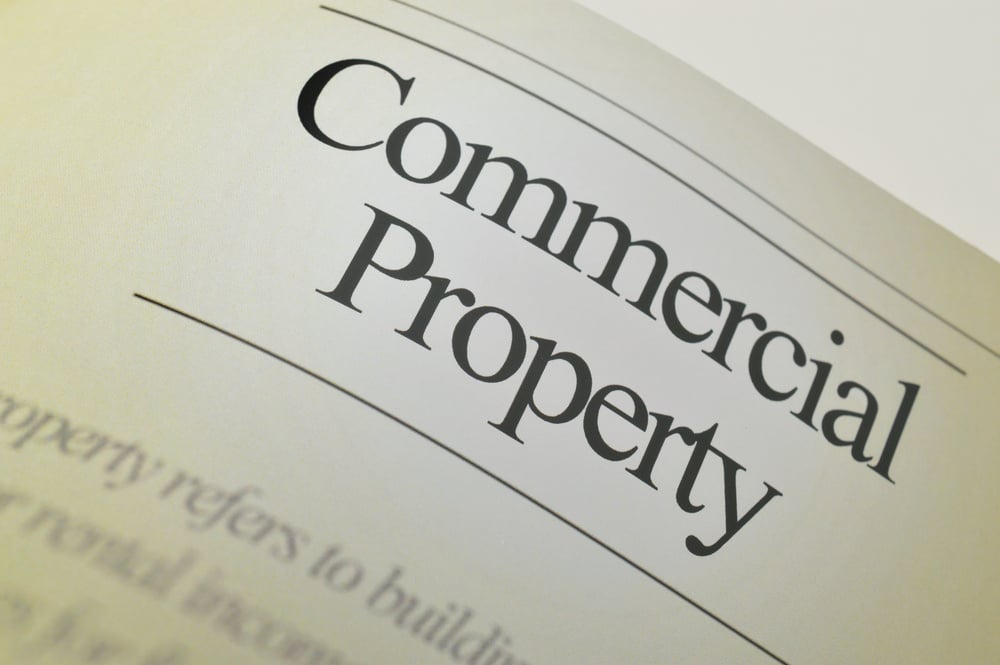
Commercial property management requires time and effort to remain profitable. Many commercial investment property owners first consider managing the property by themselves in an effort to reduce property expenses. This choice appears to be a good idea until the property owner realizes the decision is short-sighted – it limits investment opportunities and potential profit - but this can be corrected by hiring a commercial property manager.
1. Commercial Property Managers Handle Day-To-Day Operations
Depending on the exact property, managing commercial real estate may require a significant amount of time each month. This is incredibly challenging if the property owner lives far from the rented property or has another full-time job or responsibility. It's also difficult to scale the business (when building a portfolio) because of the time required to manage the property’s day-to-day operations such as:
Maintenance Calls
Maintenance management, emergency, or otherwise, is critical to maintaining positive tenant relationships and preventing significant, costly maintenance issues in the future. A professional commercial property manager ensures the property is protected on all levels. Maintenance issues will, of course, require a repair, but also may require:
- Appropriate, ongoing, and updated communication with the tenant.
- An inspection and determination as to the best way to handle the maintenance issue.
- Coordination of the repair with the tradespeople and tenant.
- Management and monitoring of the repair’s expenses, to name a few.
Rent Collection
Collecting rent can be awkward (and time-consuming) for a property owner managing their own properties, especially if a tenant is a friend or problematic. A commercial property manager allows the owner to remain at a professional arm’s length.
Property Inspections
Property inspections are an important way to prevent expensive problems in the future. A new property owner would likely lack the experience required to know what to look for when inspecting a property. A commercial property manager visits the property regularly to ensure the property is protected – and knows what to look for.
2. Commercial Property Managers Provide Marketing Expertise
Professional property managers are adept at marketing and advertising, which is critical to finding the right tenant for a vacant unit in the shortest amount of time. A skilled property manager will have an ongoing marketing structure that promotes vacancies to potential tenants who have had previous interest in the area’s rental properties. Commercial property managers tend to be tech-savvy, offering an experienced presence across digital platforms – opening markets to renters searching for a new property to rent.
3. Commercial Property Managers Are Skilled at Tenant Relations
Property managers offer professional representation for a commercial property owner, which can take on many forms. Tenants will often find it is more comfortable to deal with a property management professional, which reduces stress levels for the tenant and property owner. In addition, a property manager will have systems in place to ensure the right type of commercial lease is signed, rent is paid (and deposited) on time and without a hassle.
4. Commercial Property Managers Are Market Savvy & Knowledgeable
Property managers offer experience and skills to evaluate the condition of the market and its implications on the property. These skills help to ensure the rental property is marketed and rented at the highest rent the market will support while maintaining acceptable vacancy rates – using their own market experience and larger market data.
A professional manager can maintain neutrality, avoiding an owner’s tendency to react emotionally to connections they may have to the property.
5. Commercial Property Managers Have Established Resource Networks
An experienced commercial property manager will have a curated list that includes vetted and trusted industry relationships with tradespeople, maintenance professionals, reliable contractors, etc. These professional relationships save a commercial property investor time and money.
6. Commercial Property Managers Possess Legal and Regulatory Know-How
Commercial property owners must remain compliant with a variety of local, state, and federal regulatory requirements. Commercial real estate laws may apply to the physical property, the managerial aspects, record keeping & finances, and tenant rights/relations, among others. Attempting to navigate the regulations regarding commercial real estate – even for someone with experience, can be challenging, time-consuming, and stressful. A manager’s knowledge helps reduce the risk of costly errors by keeping the property compliant and up to date.
7. Commercial Property Managers Save Time
A property manager is the simplest way for investment property owners to free up their time, which could be used for other purposes. Additional time offers investors the opportunity to explore other investment ventures or to simply spend time with friends and family.










